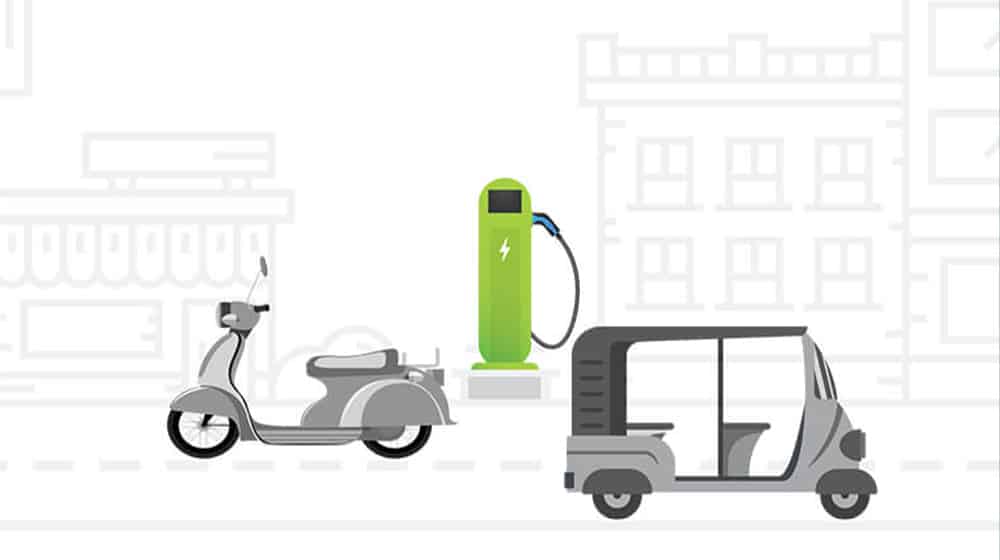The Ministry of Industries and Production has granted licenses to 34 companies producing two and three-wheeler vehicles, focusing on electric vehicles (EVs). Engineer Asim Ayaz of the Engineering Development Board highlighted this during a webinar on Pakistan’s Electric Vehicles’ Market Potential, hosted by the Sustainable Development Policy Institute (SDPI).
Ayaz emphasized the challenge of financing EVs due to their higher costs compared to traditional fuel-based vehicles, primarily because of battery expenses. He proposed establishing EV charging stations at gas stations nationwide to address this issue.
Comparing Pakistan’s National EV Policy with that of Malaysia and others, Ayaz noted favorable tariff conditions but highlighted the need for better funding and financing solutions. Collaboration with academic institutions like LUMS and industry partners is underway to promote EV adoption.
Experts at the webinar emphasized the necessity of optimized funding streams and collaboration between the government and private sector to transition to EVs successfully.
Dr. Naveed Arshad stressed the importance of research and development in battery technology, calling for increased capital and technical resources, potentially supported by academia.
READ MORE:
Pakistan and Saudi Arabia pledge to accelerate a $5 billion investment package.
Ahmed Sajeel from Deewan Motors BMW urged for a sustainable policy framework to facilitate the transition to EVs, emphasizing the importance of local infrastructure and manufacturing capabilities.
Midhat Waris highlighted Shell Global’s efforts in establishing EV charging stations globally and its partnership with K-Electric in Pakistan.
Dr. Aazir Anwar Khan discussed the socioeconomic impact of EVs, particularly on the middle class, and the potential benefits for air quality and environmental health.
Abdul Hadi shared his company’s experience in converting fuel-based cars to EVs, stressing the need for advancements in manufacturing and charging infrastructure locally.
Malik Arsalan emphasized the importance of tapping into climate financing and public-private partnerships to achieve EV transition goals.
In closing remarks, Dr. Khalid Waleed suggested linking EV initiatives with national trade and the power sector, highlighting the significance of regulatory support and capacity building for policymakers.



